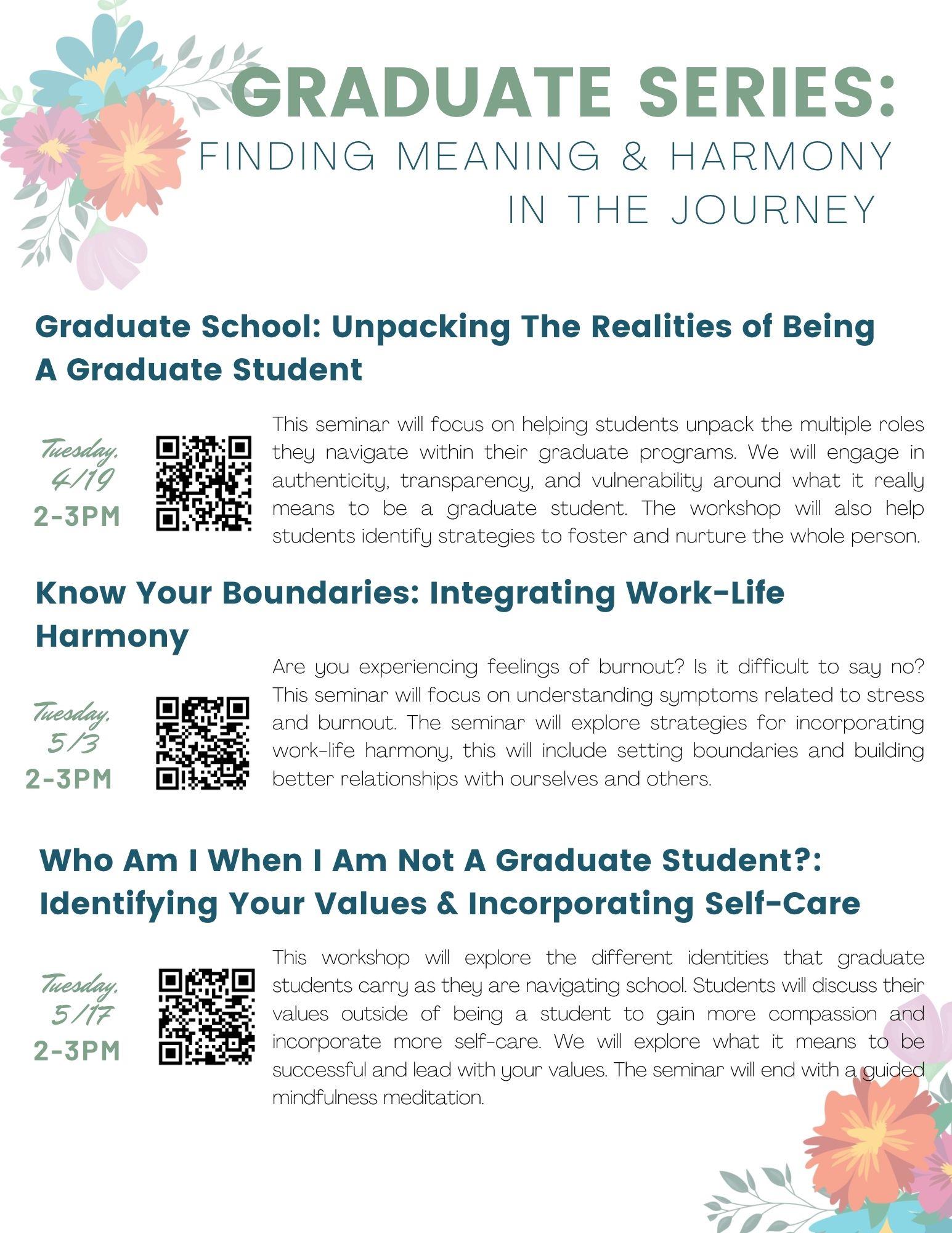Golden Years Wellness: Senior Health and Education
As individuals age, prioritizing health and wellness becomes increasingly crucial. Explore the significance of senior health and wellness education in promoting a fulfilling and vibrant lifestyle during the golden years.
Holistic Approach to Senior Health
Senior health extends beyond the absence of illness; it encompasses physical, mental, and social well-being. Embrace a holistic approach that integrates healthy lifestyle choices, preventive care, and mental wellness. Understanding the interconnected aspects of health is vital for seniors to enjoy a higher quality of life.
Physical Activity for Vitality
Encouraging regular physical activity is a cornerstone of senior health. Tailor exercises to individual abilities, incorporating activities like walking, gentle yoga, or water aerobics. Physical activity enhances cardiovascular health, maintains muscle strength, and contributes to overall vitality in the senior years.
Nutrient-Rich Diet for Optimal Aging
A nutrient-rich diet plays a pivotal role in supporting optimal aging. Seniors should focus on consuming a variety of fruits, vegetables, whole grains, lean proteins, and adequate fluids. Proper nutrition supports immune function, bone health, and aids in managing chronic conditions that may arise with age.
Regular Health Screenings and Preventive Care
Senior health and wellness education emphasize the importance of regular health screenings and preventive care. Routine check-ups, vaccinations, and screenings for conditions like diabetes, hypertension, and cancer are essential. Early detection and preventive measures contribute to better health outcomes.
Cognitive Stimulation for Brain Health
Engaging in cognitive activities is vital for maintaining brain health in seniors. Activities like puzzles, games, reading, and lifelong learning stimulate the mind, promoting cognitive resilience. Cognitive stimulation is linked to a reduced risk of cognitive decline and contributes to a more vibrant senior lifestyle.
Social Connections for Emotional Well-being
Seniors benefit greatly from maintaining strong social connections. Social interactions reduce feelings of isolation and loneliness, promoting emotional well-being. Whether through community groups, family gatherings, or volunteer activities, fostering social connections is a key aspect of senior health.
Medication Management and Health Literacy
Senior health and wellness education also encompass medication management and health literacy. Understanding prescribed medications, potential side effects, and the importance of adherence is crucial. Health literacy empowers seniors to make informed decisions about their health and engage effectively with healthcare providers.
Fall Prevention and Physical Safety
Falls are a significant concern for seniors, and preventive measures are essential. Conducting home safety assessments, maintaining proper lighting, and incorporating balance exercises into daily routines can help prevent falls. Senior health education includes guidance on minimizing fall risks and enhancing physical safety.
Embracing Mental Wellness Programs
Mental wellness is a priority in senior health. Educational programs that focus on mindfulness, relaxation techniques, and mental health awareness are beneficial. Seniors can learn coping strategies for stress, anxiety, and emotional well-being, contributing to a positive outlook on life.
To delve deeper into the world of senior health and wellness education, visit Senior Health and Wellness Education for additional insights and resources. By embracing a comprehensive approach to health and staying informed, seniors can navigate their golden years with resilience, vitality, and a sense of well-being.




